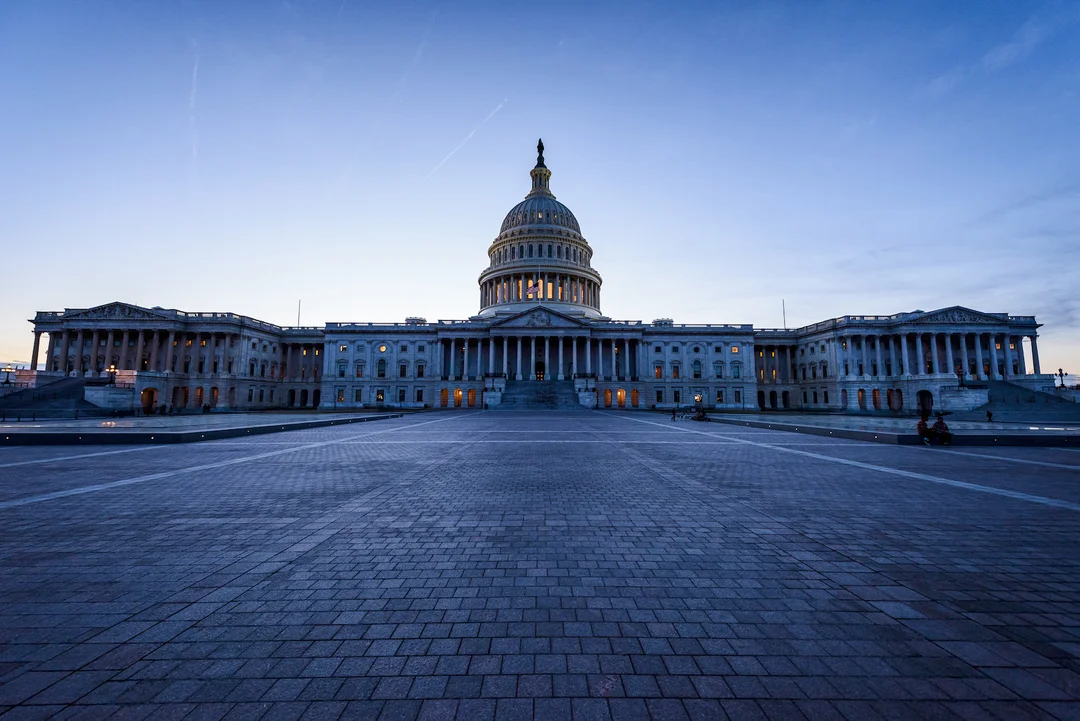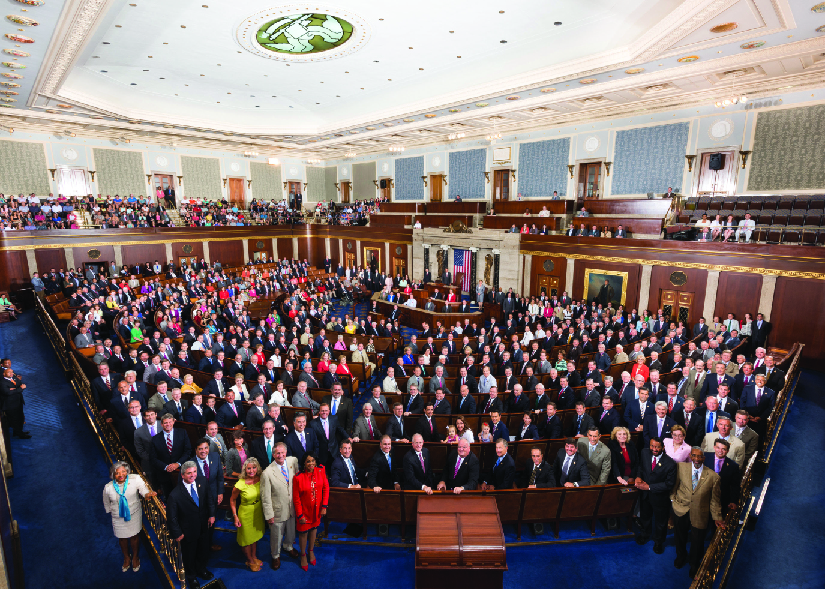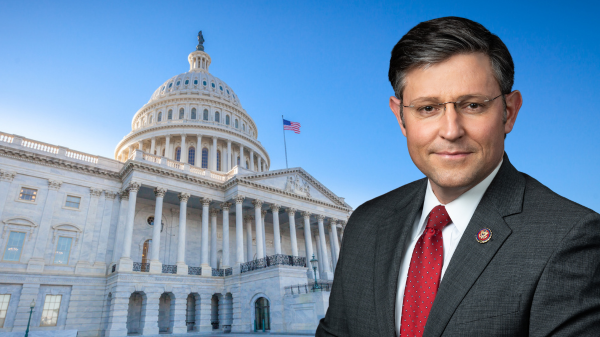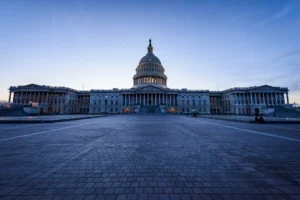This historic election represents a pivotal moment in American politics, with several key implications for governance and policy:
Immediate Impact:
- Divided government scenario
- Legislative gridlock potential
- Executive order governance
- Judicial appointment processes
- Budget negotiations
Long-term Historic Implications:
- Policy Direction:
- Immigration reform prospects
- Economic legislation
- Foreign policy shifts
- Healthcare initiatives
- Environmental regulations
- Political Dynamics:
- Bipartisan cooperation needs
- Coalition building importance
- Midterm election positioning
- Presidential agenda effects
- Party strategy evolution
The 2024 congressional elections mark a significant turning point in American political history, characterized by both traditional power shifts and groundbreaking firsts. With Republicans controlling the Senate and House control still in balance, the nation enters a new phase of governance that will require careful navigation of partisan divides while addressing critical national challenges.
The historic diversity achievements, including the first openly transgender Congress member and two Black women senators simultaneously, signal an evolving representative democracy. However, the divided control of Congress suggests challenging times ahead for major legislative initiatives and potential gridlock on key issues.
As the country moves forward, success will likely depend on finding common ground between parties while maintaining the delicate balance between progressive change and conservative stability. The next two years will be crucial in determining whether this new political landscape can effectively address America’s pressing domestic and international challenges.











